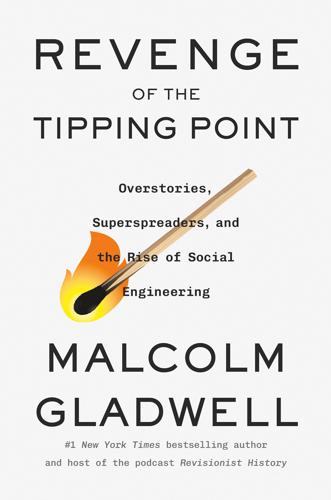
Revenge of the Tipping Point: Overstories, Superspreaders, and the Rise of Social Engineering
by Malcolm Gladwell · 1 Oct 2024 · 283pp · 85,644 words
late 1980s and early 1990s makes perfect sense—except for one thing. There’s a puzzle. 4. In the early morning of March 9, 1950, Willie Sutton rose and applied a heavy coat of makeup to his face. The previous evening he had dyed his hair several shades lighter, so that he
…
he put on a gray suit, tailored and padded in such a way as to alter his silhouette. Satisfied that he no longer looked like Willie Sutton, Willie Sutton left his house in Staten Island for Sunnyside, Queens, heading to a Manufacturers Trust Company branch at 44th Street and Queens Boulevard in New York
…
money they had one of the walls completely painted. Sutton was terrifyingly charming. Did the employees of the Manufacturers Trust Company realize that the famous Willie Sutton was robbing them that morning? Undoubtedly. They filed into the conference room, one by one. “Don’t worry, folks,” he told them. “It’s only
…
vault, ambled out the door to a waiting getaway car, and vanished into the New York City traffic. Willie Sutton was the New York version of Casper—although that doesn’t quite do Willie Sutton justice. Nobody knew much about Casper at the time he was orchestrating his bank-robbery spree. Even his trial
…
barely made a dent in the news. Not so Willie Sutton. Sutton was famous. He dated starlets. He was a master of disguise. He made not one but two daring escapes from prison. He was once
…
he claimed to have stolen more than $20 million over the course of his career. Casper wasn’t even in the same tax bracket as Willie Sutton (assuming, of course, that they paid taxes, which neither of them did). The point is that if anyone were to start a bank-robbery epidemic
…
, you’d think it would be Willie Sutton. You would think that the impressionable criminal classes of New York City would look at “Slick Willie” effortlessly slipping into bank branches without firing a
…
who kicks off an epidemic. (We’re going to talk about one of the most fascinating index cases in recent history later in this book.) Willie Sutton should have been the index case, right? He turned the grubby job of holding up a bank into a work of art. But
…
Willie Sutton did not start a bank-robbery epidemic in New York City—not in the 1940s and ’50s, in his heyday, nor in the years afterward,
…
a card with a photo on it: “They call it the face card. Now when I say I’m Willie Sutton, people believe me.” Did that make the world want to be Willie Sutton? Apparently not. In the days of Casper, New York City suffered only a fraction of the bank robberies that Los
…
Insurance Corporation (FDIC). The number of branches across the country jumped from 21,839 in 1970 to 63,631 in 1999. You can read about Willie Sutton’s “visit” to the Manufacturers Trust Company branch in Queens, as well as other details about his life, in his 2004 memoir, cowritten with Edward
…
.nydailynews.com/2016/02/18/the-day-willie-the-actor-sutton-prolific-bank-robber-was-arrested-in-brooklyn-in-1952/ In his 1953 memoir, I, Willie Sutton: The Personal Story of the Most Daring Bank Robber and Jail Breaker of Our Time (written with Quentin Reynolds), Sutton claimed to have stolen $2
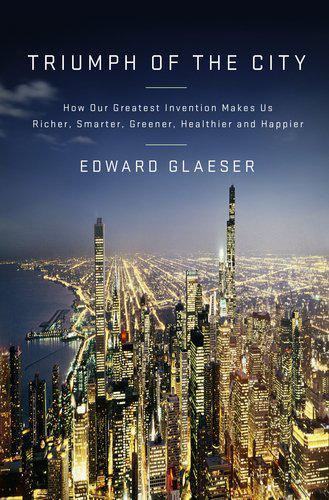
Triumph of the City: How Our Greatest Invention Makes Us Richer, Smarter, Greener, Healthier, and Happier
by Edward L. Glaeser · 1 Jan 2011 · 598pp · 140,612 words
the seventeenth century because the man who ran its police force launched a vast street-lighting project to make the city less dangerous at night. Willie Sutton said he robbed banks because “that’s where the money is,” but in most cases, crime means poor people robbing other poor people. Crime victims
…
of Urban Growth, 534. 106 vast street-lighting project: Schivelbusch, “Policing of Street Lighting.” 106 “where the money is”: Federal Bureau of Investigation, Famous Cases, “Willie Sutton.” 106 more than 20 percent of people ... people were victims: Glaeser, “Are Cities Dying?” and Glaeser and Sacerdote, “Why Is There More Crime in Cities
…
. Federal Bureau of Investigation. Crime in the United States, 2008, Sept. 2009, www.fbi.gov/ucr/cius2008/index.html. Federal Bureau of Investigation. Famous Cases. “Willie Sutton,” www.fbi.gov/libref/historic/famcases/sutton/sutton.htm. Ferguson, Margaret, Mary Jo Salter, and Jon Stallworthy, eds. Norton Anthology of Poetry, 5th ed. New
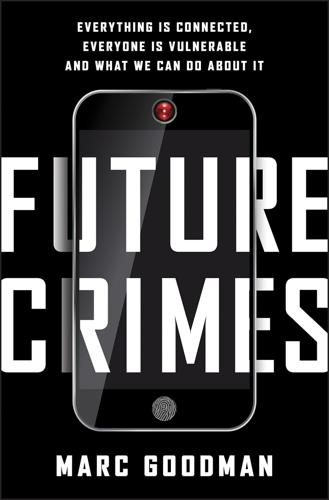
Future Crimes: Everything Is Connected, Everyone Is Vulnerable and What We Can Do About It
by Marc Goodman · 24 Feb 2015 · 677pp · 206,548 words
be driving toward zero, the social costs may be much higher, posing huge future liabilities for society and our world. History here can be instructive. Willie Sutton, the famous American bank robber, stole nearly $2 million over his multi-decade career in crime, which began in the 1920s. After his capture by
…
as well. When firms such as Acxiom store trillions of records on each of us, those records will be targeted by organized crime because, as Willie Sutton reminds us, that’s where the money is. This theft of large-scale data sets from data brokers has been going on for many years
…
criminals to target everybody’s hard drive individually and instead put all the jewels in a single place for criminals and hackers to target—think Willie Sutton and his love of banks. The cloud is here to stay, and at this point there is no going back. In early 2014, Google decreased
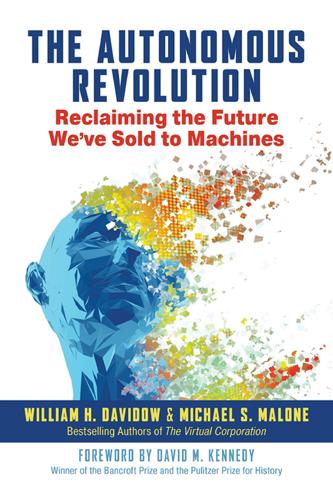
The Autonomous Revolution: Reclaiming the Future We’ve Sold to Machines
by William Davidow and Michael Malone · 18 Feb 2020 · 304pp · 80,143 words
/Cultural_lag (accessed June 26, 2019). 55. Ogburn, On Culture and Social Change, 86. 56. Ibid., 61. Chapter Three SUBSTITUTIONAL EQUIVALENCES 1. “Willie Sutton,” Wikipedia, http://en.wikipedia.org/wiki/Willie_Sutton (accessed June 26, 2019). 2. Ibid. 3. Dancho Danchev, “New ZeuS Source Code Based Rootkit Available for Purchase on the Underground Market
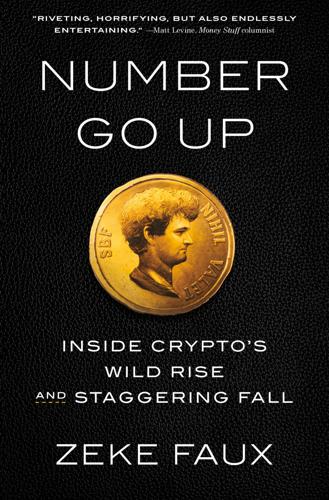
Number Go Up: Inside Crypto's Wild Rise and Staggering Fall
by Zeke Faux · 11 Sep 2023 · 385pp · 106,848 words
been a barrier to fame and fortune, and where large-scale hacks are a regular occurrence. Asked why he robbed banks, the famed bank robber Willie Sutton supposedly said, “Because that’s where the money is.” But these days, with the rise in electronic payments, the average branch might hold as little
…
Pollute the Internet,” Bloomberg Businessweek, March 27, 2018. GO TO NOTE REFERENCE IN TEXT famed bank robber: Willie Sutton said the quote was invented by a reporter and that he robbed banks because it was thrilling. Willie Sutton, Willie and Edward Linn, Where the Money Was (New York: Viking, 1976), 120. GO TO NOTE
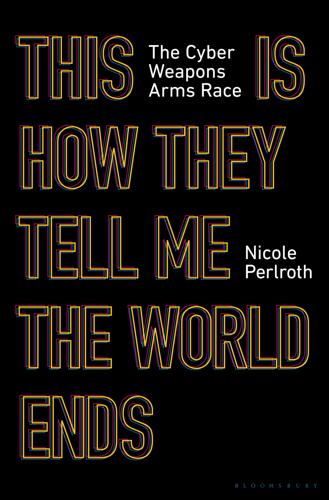
This Is How They Tell Me the World Ends: The Cyberweapons Arms Race
by Nicole Perlroth · 9 Feb 2021 · 651pp · 186,130 words
Navigator and Internet Explorer made their way onto PCs, and the world’s infatuation with the web grew, so did the NSA’s. “Why did Willie Sutton rob banks?” Gosler would repeatedly ask his bosses and underlings at the intel agencies. “Because that’s where the money is!” There was still money
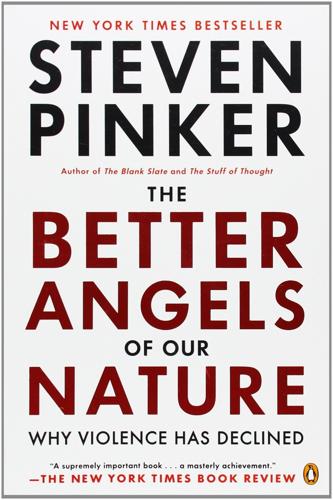
The Better Angels of Our Nature: Why Violence Has Declined
by Steven Pinker · 24 Sep 2012 · 1,351pp · 385,579 words
lump of food. It is the interpersonal equivalent of Clausewitz’s dictum that war is merely the continuation of policy by other means. It is Willie Sutton’s answer to the question of why he robbed banks: “Because that’s where the money is.” It lies beneath the advice of a farmer
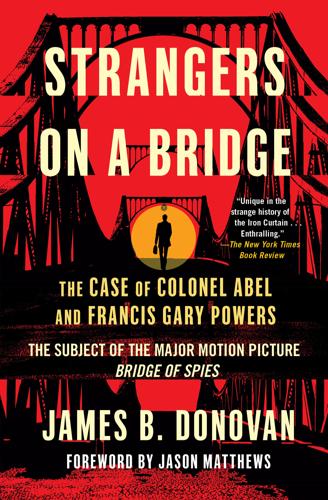
Strangers on a Bridge: The Case of Colonel Abel and Francis Gary Powers
by James Donovan
who he was. He once told me he had enjoyed reading the autobiography of bank robber Willie Sutton, a celebrated fugitive who had suffered nightmares in which hundreds of people pointed at him and screamed, “You’re Willie Sutton.” Abel explained that any undercover fugitive must constantly fight against the feeling that the whole
…
the guards were looking east, you might go down a newly designed laundry chute and out into the west. Does the warden know you read Willie Sutton’s book?” “Yes, but he also knows I’ll not make my break until you successfully argue your appeal,” said Abel, smiling. The appeal, of
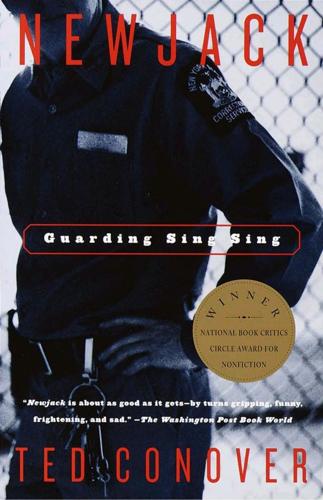
Newjack: Guarding Sing Sing
by Ted Conover · 20 Jan 2010 · 418pp · 133,703 words
straw mattresses atop iron bed frames attached to the wall. (One hundred years after its construction, the original cellblock was still in use. Bank robber Willie Sutton wrote that in 1926, it “had uneven jagged stone walls that sweated moisture all day and all night.”) Inmates ate with their fingers; food was
…
Committee [to examine prisons] of the [New York State] Assembly of 1851 … transmitted to the legislature, Jan. 7, 1852, p. 26. Bank robber Willie Sutton: Willie Sutton, with Quentin Reynolds. I, Willie Sutton. New York: Farrar, Straus and Young, 1953, p. 92. There are daily: Levi S. Burr, A Voice From Sing Sing, giving a general
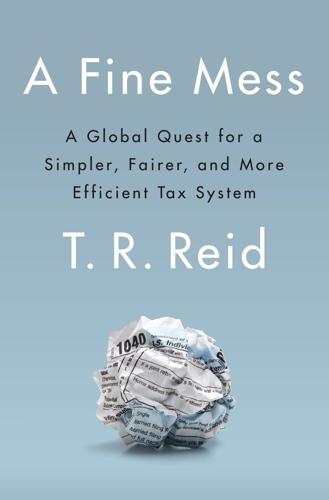
A Fine Mess
by T. R. Reid · 13 Mar 2017 · 363pp · 92,422 words
year—essentially nothing!” Professor Collet explained. “But if any government were to drop it, you’re sure to lose the next election.” This is a Willie Sutton approach. Sutton, a Depression-era crook, was asked why he kept robbing banks and famously answered, “Because that’s where the money is.” Still, this
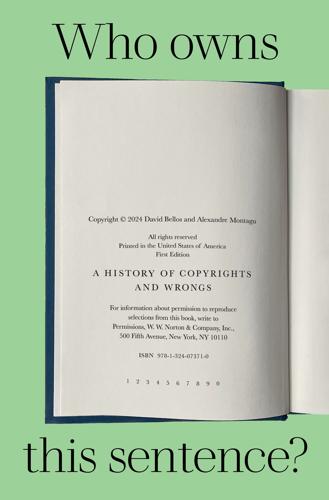
Who Owns This Sentence?: A History of Copyrights and Wrongs
by David Bellos and Alexandre Montagu · 23 Jan 2024 · 305pp · 101,093 words
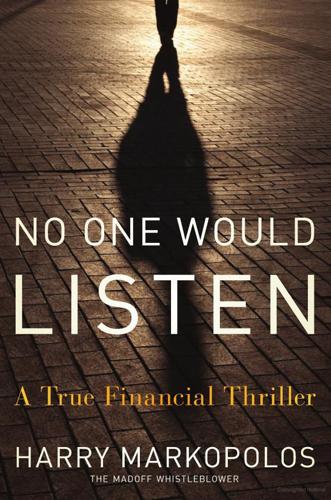
No One Would Listen: A True Financial Thriller
by Harry Markopolos · 1 Mar 2010 · 431pp · 132,416 words
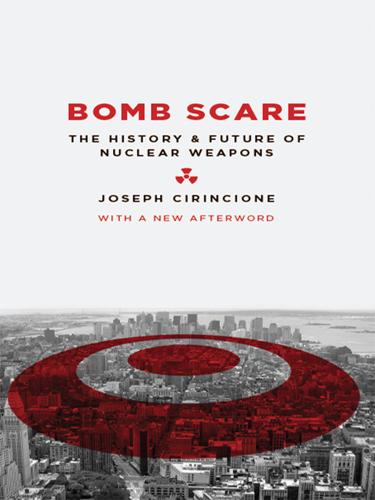
Bomb Scare
by Joseph Cirincione · 24 Dec 2011 · 293pp · 74,709 words
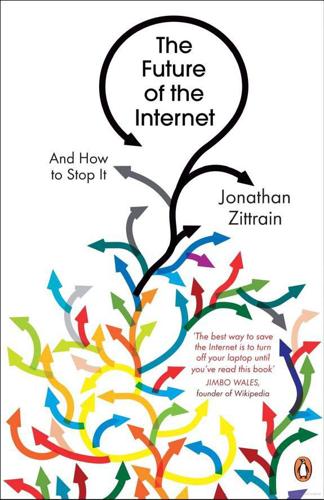
The Future of the Internet: And How to Stop It
by Jonathan Zittrain · 27 May 2009 · 629pp · 142,393 words
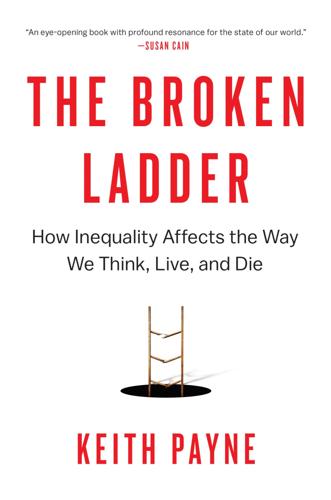
The Broken Ladder
by Keith Payne · 8 May 2017
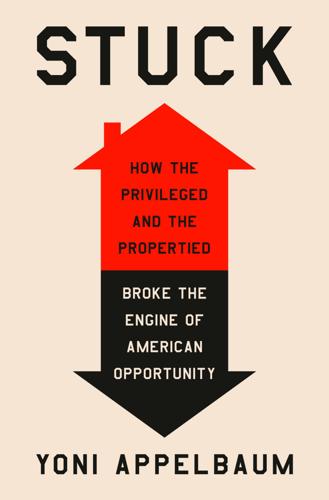
Stuck: How the Privileged and the Propertied Broke the Engine of American Opportunity
by Yoni Appelbaum · 17 Feb 2025 · 412pp · 115,534 words
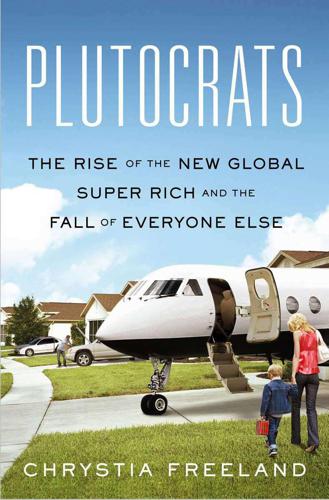
Plutocrats: The Rise of the New Global Super-Rich and the Fall of Everyone Else
by Chrystia Freeland · 11 Oct 2012 · 481pp · 120,693 words
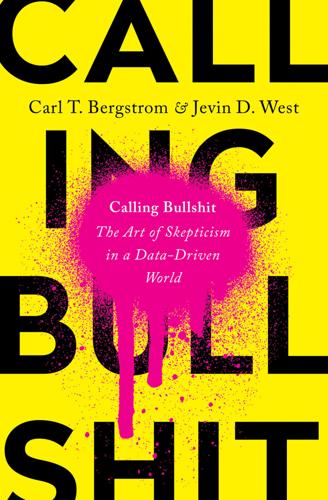
Calling Bullshit: The Art of Scepticism in a Data-Driven World
by Jevin D. West and Carl T. Bergstrom · 3 Aug 2020
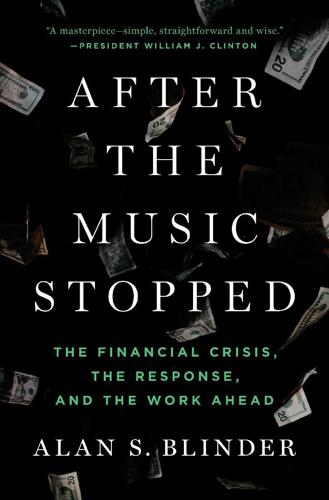
After the Music Stopped: The Financial Crisis, the Response, and the Work Ahead
by Alan S. Blinder · 24 Jan 2013 · 566pp · 155,428 words
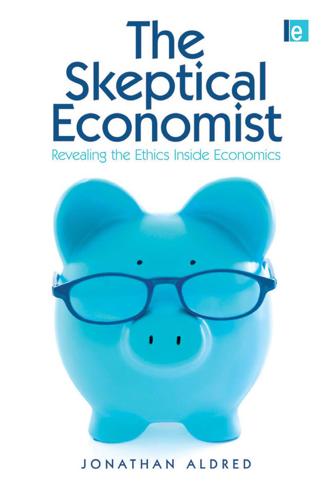
The Skeptical Economist: Revealing the Ethics Inside Economics
by Jonathan Aldred · 1 Jan 2009 · 339pp · 105,938 words
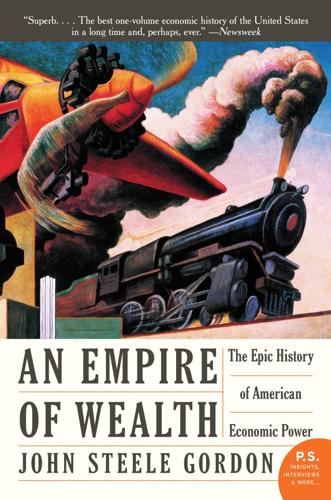
An Empire of Wealth: Rise of American Economy Power 1607-2000
by John Steele Gordon · 12 Oct 2009 · 519pp · 148,131 words
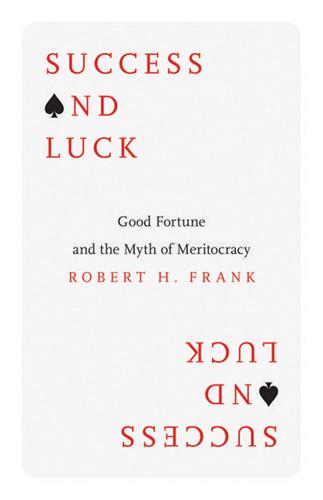
Success and Luck: Good Fortune and the Myth of Meritocracy
by Robert H. Frank · 31 Mar 2016 · 190pp · 53,409 words
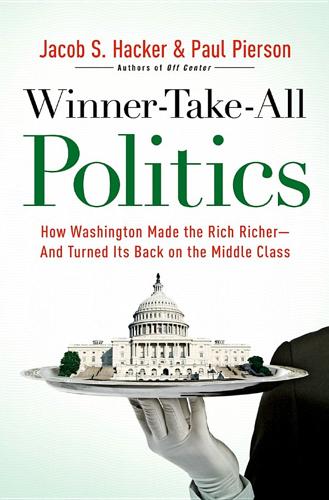
Winner-Take-All Politics: How Washington Made the Rich Richer-And Turned Its Back on the Middle Class
by Paul Pierson and Jacob S. Hacker · 14 Sep 2010 · 602pp · 120,848 words
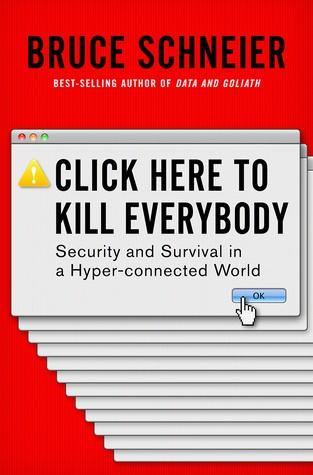
Click Here to Kill Everybody: Security and Survival in a Hyper-Connected World
by Bruce Schneier · 3 Sep 2018 · 448pp · 117,325 words
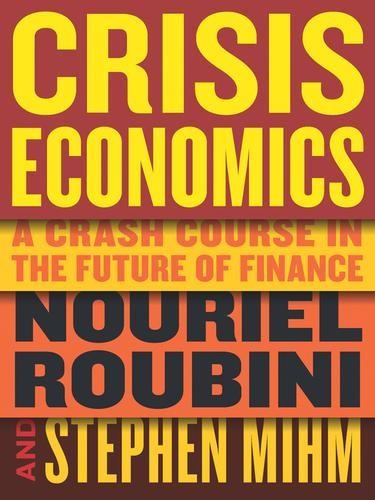
Crisis Economics: A Crash Course in the Future of Finance
by Nouriel Roubini and Stephen Mihm · 10 May 2010 · 491pp · 131,769 words
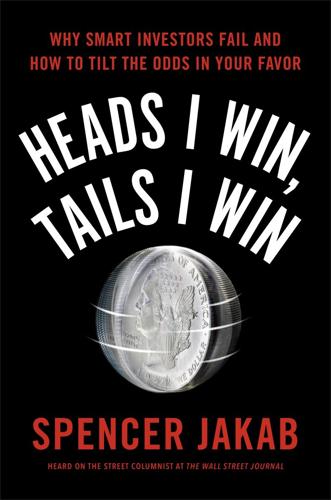
Heads I Win, Tails I Win
by Spencer Jakab · 21 Jun 2016 · 303pp · 84,023 words
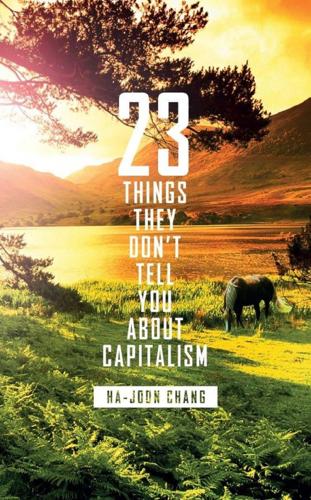
23 Things They Don't Tell You About Capitalism
by Ha-Joon Chang · 1 Jan 2010 · 365pp · 88,125 words
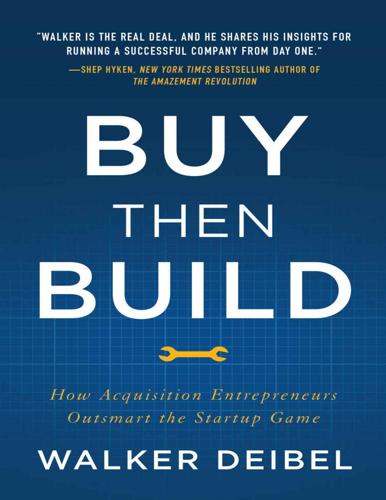
Buy Then Build: How Acquisition Entrepreneurs Outsmart the Startup Game
by Walker Deibel · 19 Oct 2018
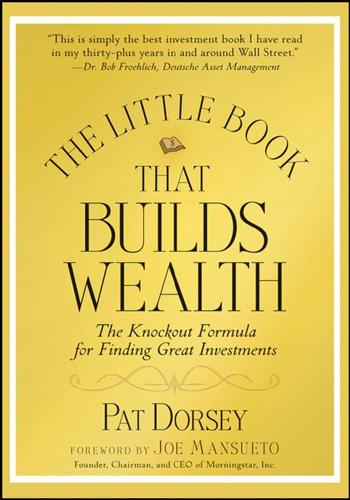
The Little Book That Builds Wealth: The Knockout Formula for Finding Great Investments
by Pat Dorsey · 1 Mar 2008 · 141pp · 40,979 words
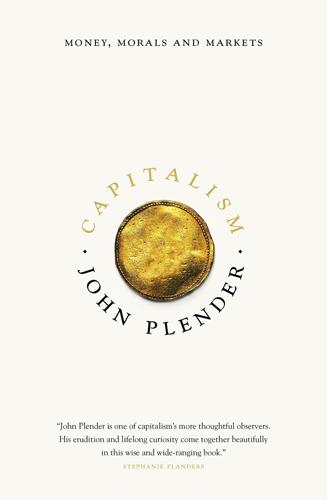
Capitalism: Money, Morals and Markets
by John Plender · 27 Jul 2015 · 355pp · 92,571 words
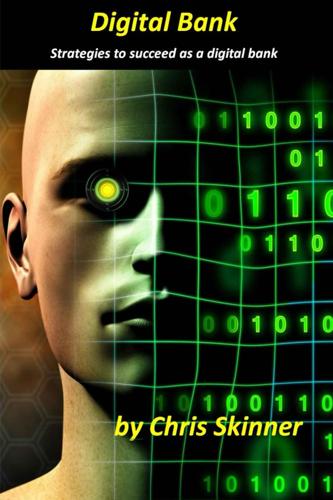
Digital Bank: Strategies for Launching or Becoming a Digital Bank
by Chris Skinner · 27 Aug 2013 · 329pp · 95,309 words
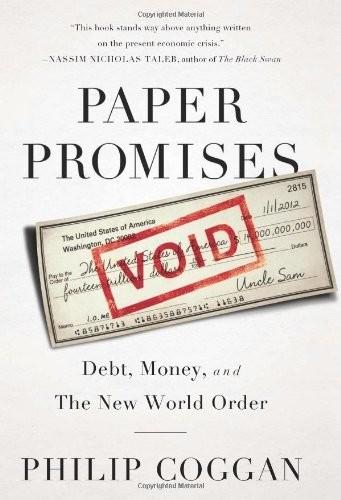
Paper Promises
by Philip Coggan · 1 Dec 2011 · 376pp · 109,092 words
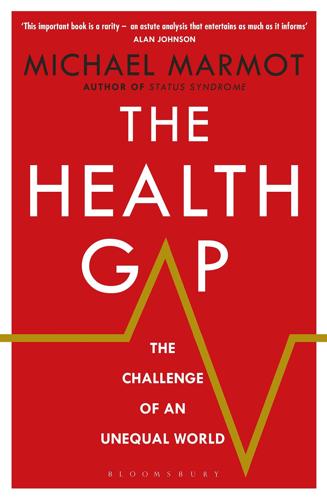
The Health Gap: The Challenge of an Unequal World
by Michael Marmot · 9 Sep 2015 · 414pp · 119,116 words
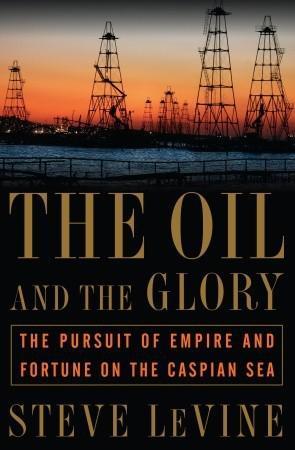
The Oil and the Glory: The Pursuit of Empire and Fortune on the Caspian Sea
by Steve Levine · 23 Oct 2007 · 568pp · 162,366 words
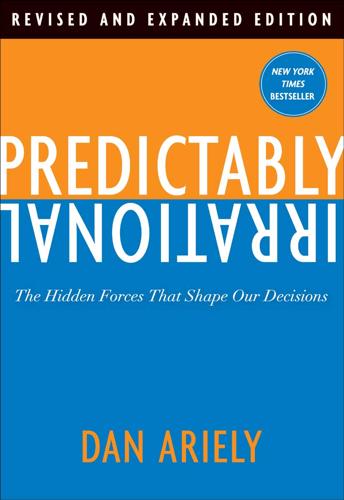
Predictably Irrational, Revised and Expanded Edition: The Hidden Forces That Shape Our Decisions
by Dan Ariely · 19 Feb 2007 · 383pp · 108,266 words
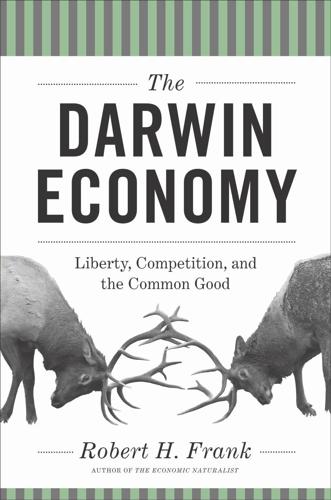
The Darwin Economy: Liberty, Competition, and the Common Good
by Robert H. Frank · 3 Sep 2011
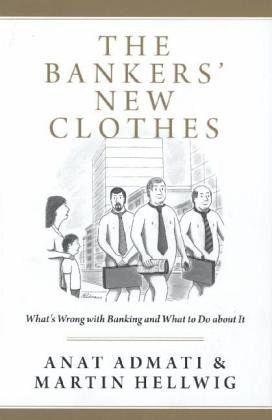
The Bankers' New Clothes: What's Wrong With Banking and What to Do About It
by Anat Admati and Martin Hellwig · 15 Feb 2013 · 726pp · 172,988 words
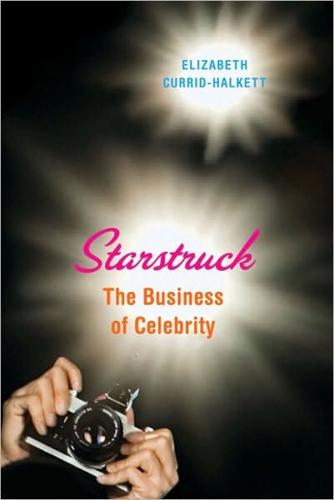
Starstruck: The Business of Celebrity
by Currid · 9 Nov 2010 · 332pp · 91,780 words

How Doctors Think
by Jerome Groopman · 15 Jan 2007 · 292pp · 94,324 words
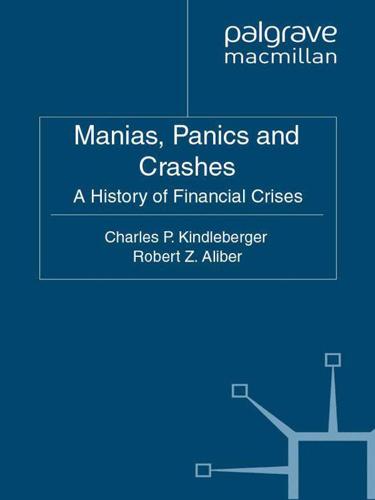
Manias, Panics and Crashes: A History of Financial Crises, Sixth Edition
by Kindleberger, Charles P. and Robert Z., Aliber · 9 Aug 2011
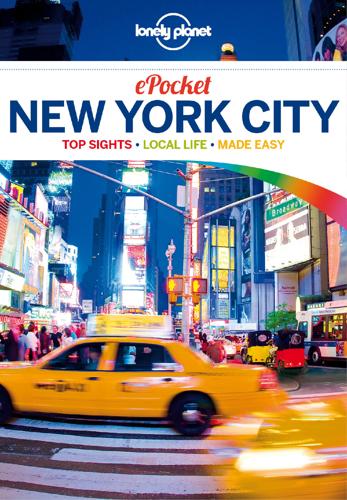
Pocket New York City Travel Guide
by Lonely Planet · 27 Sep 2012
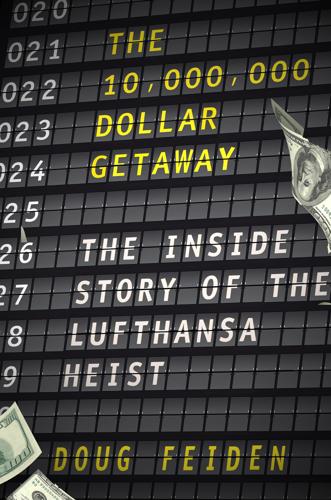
The Ten Million Dollar Getaway: The Inside Story of the Lufthansa Heist
by Doug Feiden · 1 Sep 2014 · 368pp · 120,794 words
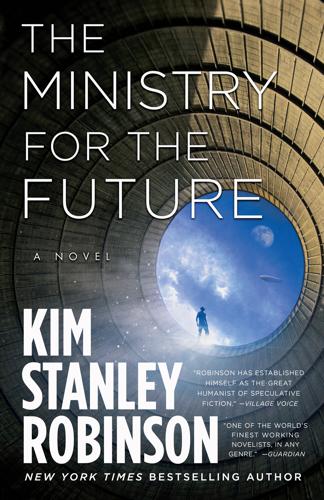
The Ministry for the Future: A Novel
by Kim Stanley Robinson · 5 Oct 2020 · 583pp · 182,990 words
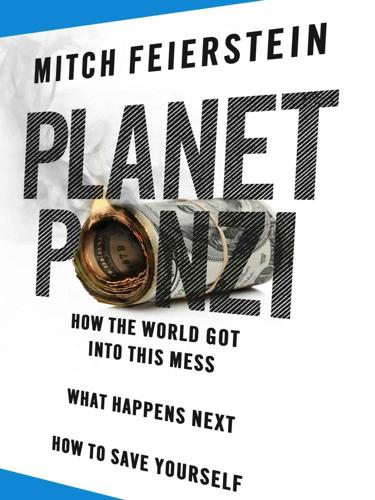
Planet Ponzi
by Mitch Feierstein · 2 Feb 2012 · 393pp · 115,263 words
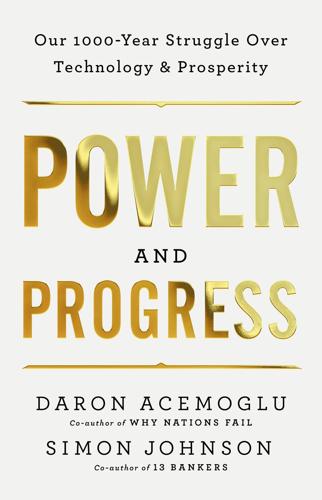
Power and Progress: Our Thousand-Year Struggle Over Technology and Prosperity
by Daron Acemoglu and Simon Johnson · 15 May 2023 · 619pp · 177,548 words
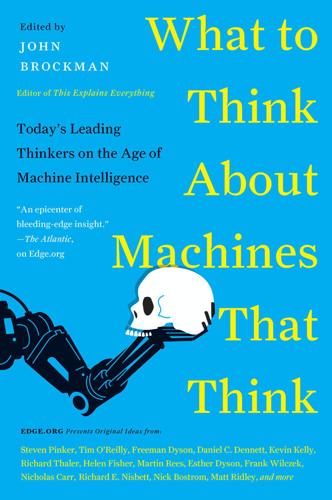
What to Think About Machines That Think: Today's Leading Thinkers on the Age of Machine Intelligence
by John Brockman · 5 Oct 2015 · 481pp · 125,946 words

Enemy of All Mankind: A True Story of Piracy, Power, and History's First Global Manhunt
by Steven Johnson · 11 May 2020 · 299pp · 79,739 words
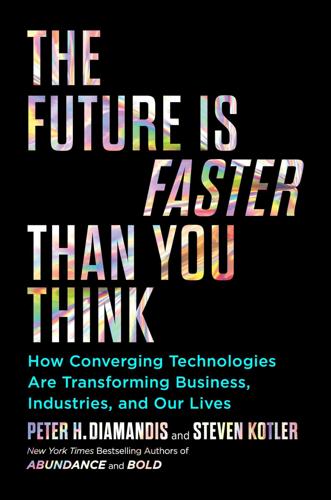
The Future Is Faster Than You Think: How Converging Technologies Are Transforming Business, Industries, and Our Lives
by Peter H. Diamandis and Steven Kotler · 28 Jan 2020 · 501pp · 114,888 words
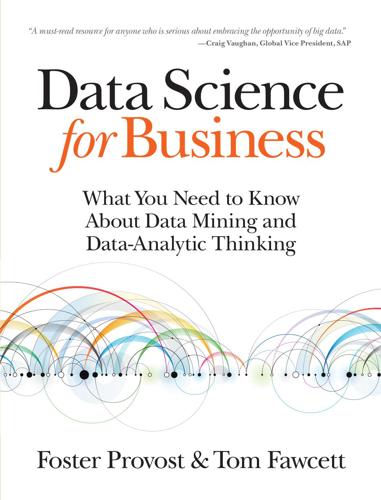
Data Science for Business: What You Need to Know About Data Mining and Data-Analytic Thinking
by Foster Provost and Tom Fawcett · 30 Jun 2013 · 660pp · 141,595 words
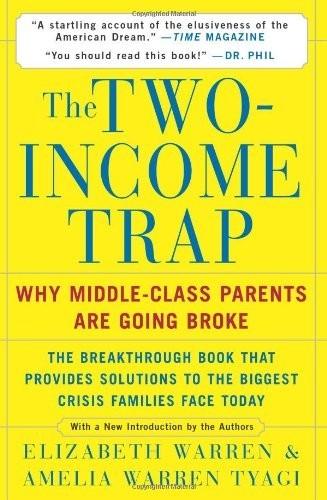
The Two-Income Trap: Why Middle-Class Parents Are Going Broke
by Elizabeth Warren and Amelia Warren Tyagi · 17 Aug 2004 · 318pp · 93,502 words
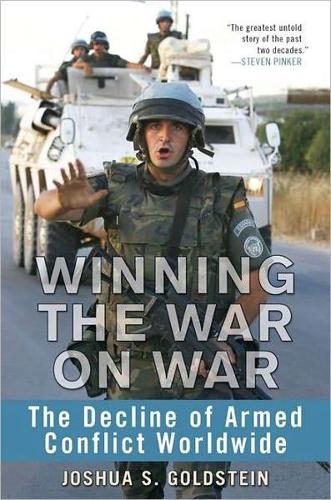
Winning the War on War: The Decline of Armed Conflict Worldwide
by Joshua S. Goldstein · 15 Sep 2011 · 511pp · 148,310 words
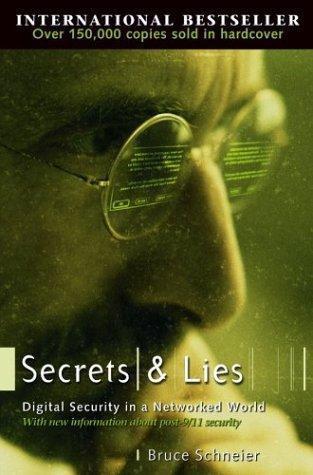
Secrets and Lies: Digital Security in a Networked World
by Bruce Schneier · 1 Jan 2000 · 470pp · 144,455 words
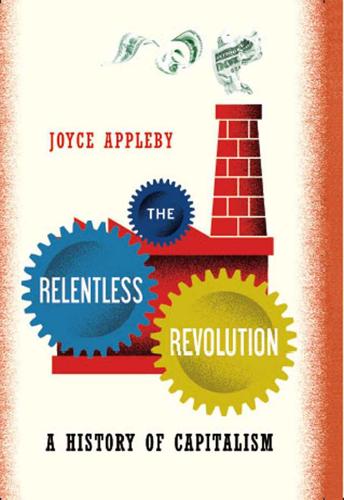
The Relentless Revolution: A History of Capitalism
by Joyce Appleby · 22 Dec 2009 · 540pp · 168,921 words
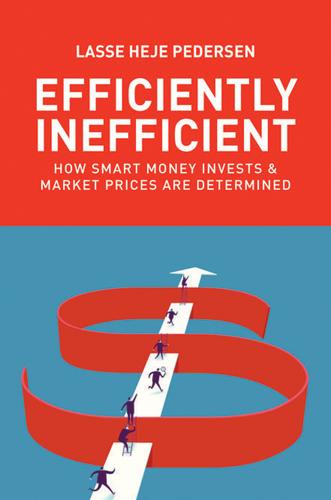
Efficiently Inefficient: How Smart Money Invests and Market Prices Are Determined
by Lasse Heje Pedersen · 12 Apr 2015 · 504pp · 139,137 words
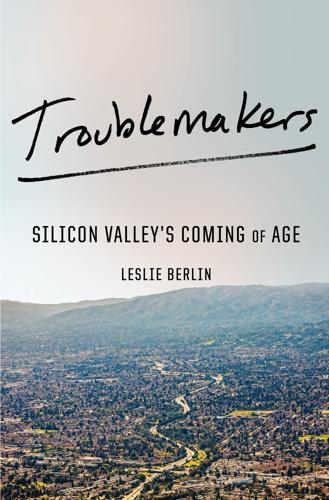
Troublemakers: Silicon Valley's Coming of Age
by Leslie Berlin · 7 Nov 2017 · 615pp · 168,775 words
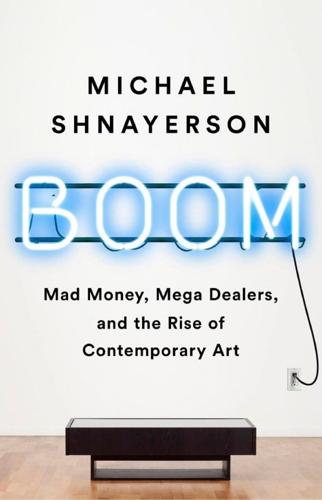
Boom: Mad Money, Mega Dealers, and the Rise of Contemporary Art
by Michael Shnayerson · 20 May 2019 · 552pp · 163,292 words
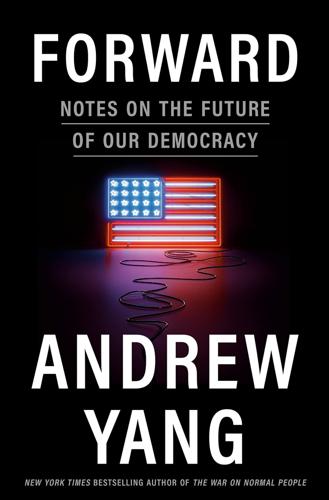
Forward: Notes on the Future of Our Democracy
by Andrew Yang · 15 Nov 2021
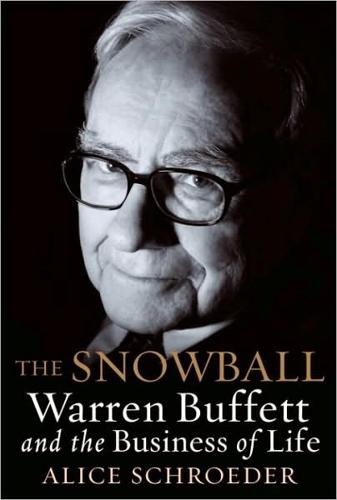
The Snowball: Warren Buffett and the Business of Life
by Alice Schroeder · 1 Sep 2008 · 1,336pp · 415,037 words
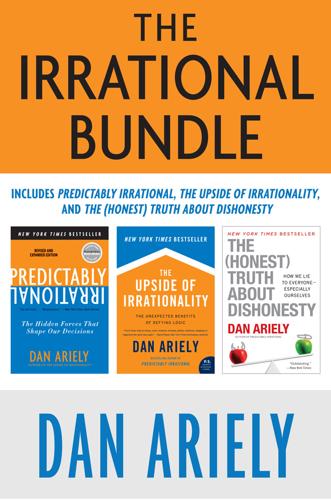
The Irrational Bundle
by Dan Ariely · 3 Apr 2013 · 898pp · 266,274 words
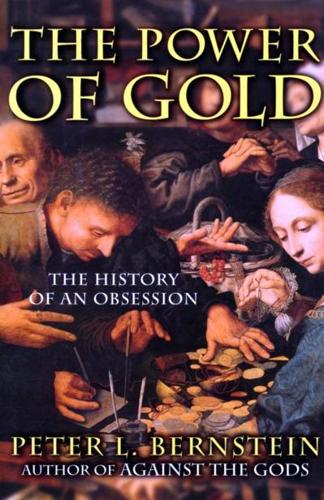
The Power of Gold: The History of an Obsession
by Peter L. Bernstein · 1 Jan 2000 · 497pp · 153,755 words
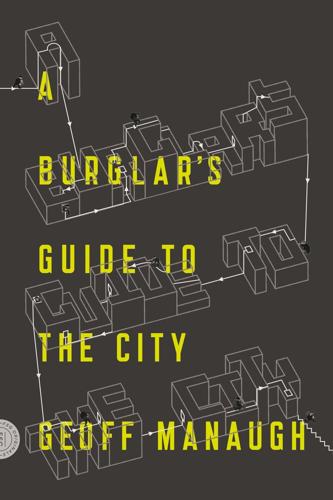
A Burglar's Guide to the City
by Geoff Manaugh · 17 Mar 2015 · 238pp · 75,994 words

Black Code: Inside the Battle for Cyberspace
by Ronald J. Deibert · 13 May 2013 · 317pp · 98,745 words
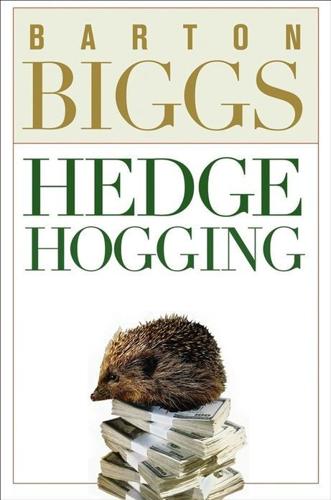
Hedgehogging
by Barton Biggs · 3 Jan 2005